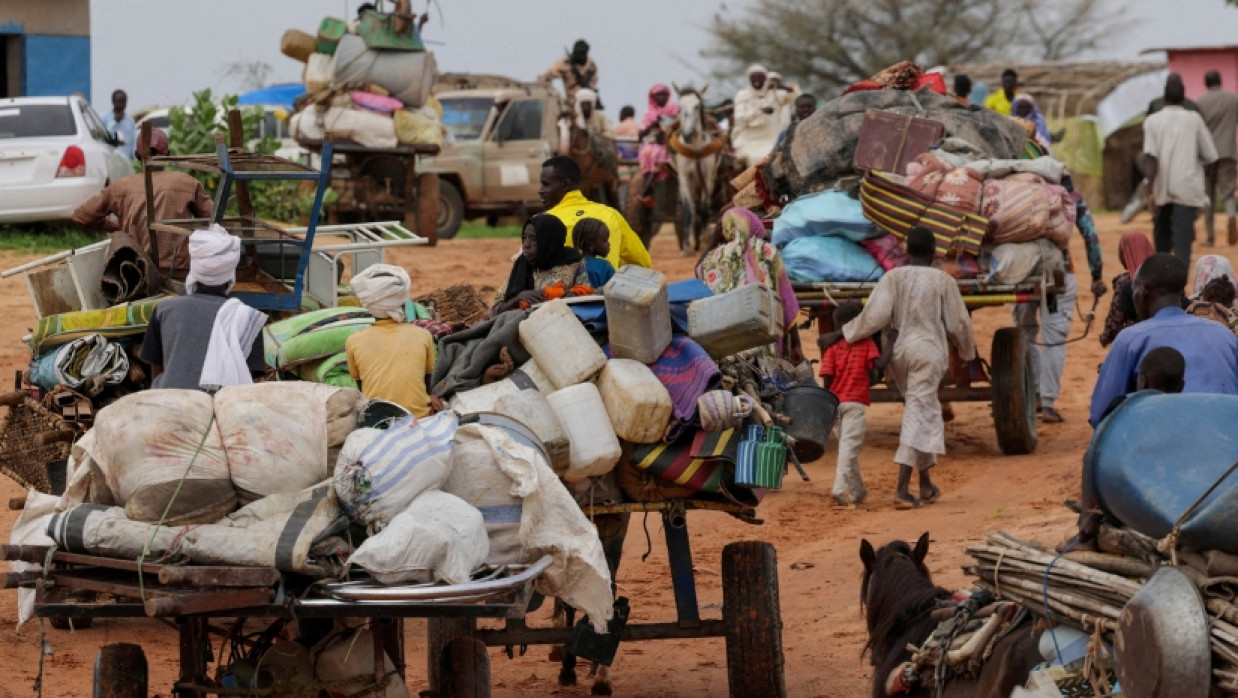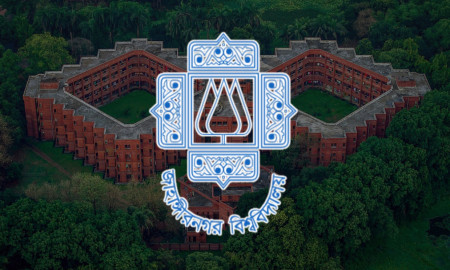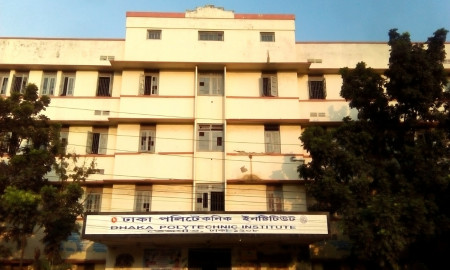Foreign Hands in Sudan’s War: How Regional Powers Shape the Conflict

Behind Sudan’s devastating civil war lies a web of regional and global interests that have turned the country into a proxy battlefield. As the fighting between the Sudanese Armed Forces (SAF) and the Rapid Support Forces (RSF) drags into its third year, evidence is mounting that foreign powers — both neighbours and Gulf states — are shaping the conflict from afar.
Egypt and the Army
Egypt remains the closest ally of General Abdel Fattah al-Burhan, head of the Sudanese army and leader of the UN-recognised government based in Port Sudan. Cairo sees Burhan as a bulwark against chaos along its southern border and a partner in safeguarding the River Nile, Egypt’s lifeline. Analysts say Egypt has provided intelligence, logistical support, and limited military training to Sudanese army units. In return, Khartoum has backed Egypt’s stance in the long-running Nile water disputes with Ethiopia.
UAE and the RSF
The United Arab Emirates (UAE) has faced persistent allegations of backing the RSF, led by General Mohamed Hamdan Dagalo, widely known as Hemedti. Western intelligence reports and UN experts have linked the RSF’s supply of drones and ammunition to networks based in or operating through the UAE. The Gulf state, however, denies any involvement, calling such claims “politically motivated.”
Hemedti’s RSF also benefits from gold exports to the Emirates — a trade that, according to investigators, provides critical funding for the paramilitary force. Sudan’s army accuses the UAE of using commercial cover to finance the RSF, a charge Abu Dhabi rejects.
Libya’s Haftar and the Western Front
In neighbouring Libya, eastern strongman General Khalifa Haftar has emerged as another key player. His forces reportedly help move weapons and fuel across the border to RSF-held areas. In return, Haftar is believed to seek access to gold smuggling routes that link Darfur with southern Libya — an arrangement that benefits both sides.
Chad, Eritrea, and Others
Chad hosts more than a million Sudanese refugees and has at times clashed with RSF fighters along its frontier. While N’Djamena insists on neutrality, it fears that Darfur’s instability could spill across the border. Eritrea, meanwhile, has quietly cooperated with Sudan’s army, allowing troop movements and logistics through its territory, though it stops short of direct intervention.
Global Players
The United States and European Union have imposed targeted sanctions on both generals but have avoided deeper involvement. Russia, which once pursued a Red Sea naval base under al-Bashir, has maintained contact with both sides and continues to eye Sudan’s strategic coastline and gold reserves.
As a result, Sudan’s war has become not just a domestic power struggle but a regional contest — where foreign interests in gold, ports, and influence continue to fuel the flames, while millions of civilians bear the cost.








